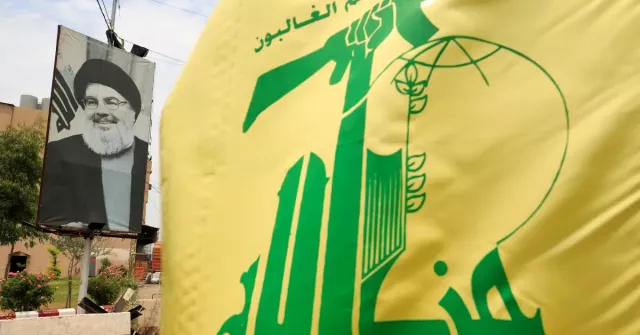As the conflict in Gaza continues to unfold, the Israel Defense Forces (IDF) are increasingly compelled to intensify their operations against Hezbollah, a Shiite terrorist group based in Lebanon. The recent surge in hostilities on the northern border of Israel, culminating in an attack that left dozens of Israelis injured due to anti-tank fire, underscores a significant escalation in Hezbollah's aggressive actions. It appears that Israel may soon need to revise its approach towards countering Hezbollah in light of these recent developments.
The Israeli security establishment grapples with a complex dilemma at the heart of this escalating situation. There is a growing consensus among Israeli defense experts that merely relying on defensive measures, such as targeting Hezbollah operatives before or after attacks and dismantling the group's terrorist infrastructure, is no longer sufficient to contain Hezbollah's aggression. Instead, they argue that a more assertive and offensive approach is required, one that exacts a price from Hezbollah without spiraling into a full-scale war. This strategic shift implies that the primary theater of conflict is shifting northward, necessitating a temporary pause in operations against Hamas in the southern arena.
"The war has expanded"
— Israel War Room (@IsraelWarRoom) November 13, 2023
"Lebanon is involved"
Translation: Iran is expanding the conflict by directing Iran's Hezbollah terrorists to escalate attacks on Israeli soldiers and civilians.
This war began with Iran-backed terrorism. Israel will continue defending its borders. https://t.co/w8qRD03oTI
The recent surge in tensions vividly illustrates that as IDF operations expand throughout the Gaza Strip, the confrontation with Hezbollah is set to intensify in the near future. Over the past month, tensions have simmered like a pot of boiling water, steadily rising and threatening to boil over into a military conflict. Such a conflict could potentially overshadow the campaign against Hamas, as the threats emanating from the northern front pose a greater danger to the State of Israel.
Despite the recent events, the top echelons of Israel's security establishment maintain their focus on the war against Hamas. Their priority is to prevent Hezbollah from diverting the IDF's attention away from its primary effort. The manner in which Israel responds and the calculated risks it takes with its military strength will provide valuable insights into whether there has been a shift in the stance of decision-makers at the political and military levels.
I remember when @potus warned others thinking about attacking Israel "DON'T".
— ElBluemountain #BringThemAllHome (@EBluemountain1) November 12, 2023
What exactly did you mean?
Hezbollah attacks employees of the electricity department in Israel today. 6 were very seriously injured. pic.twitter.com/GJDYLTqPTZ
It appears increasingly likely that the IDF will intensify its operations in the days to come in response to Hezbollah's escalatory actions. A senior reserve officer with extensive experience in senior positions within the Northern Command emphasizes that the current situation in the north provides a window of opportunity for such action. He notes that initiating such operations could become much more challenging once residents return to their homes, underscoring the importance of timely and measured responses in the evolving security landscape.


